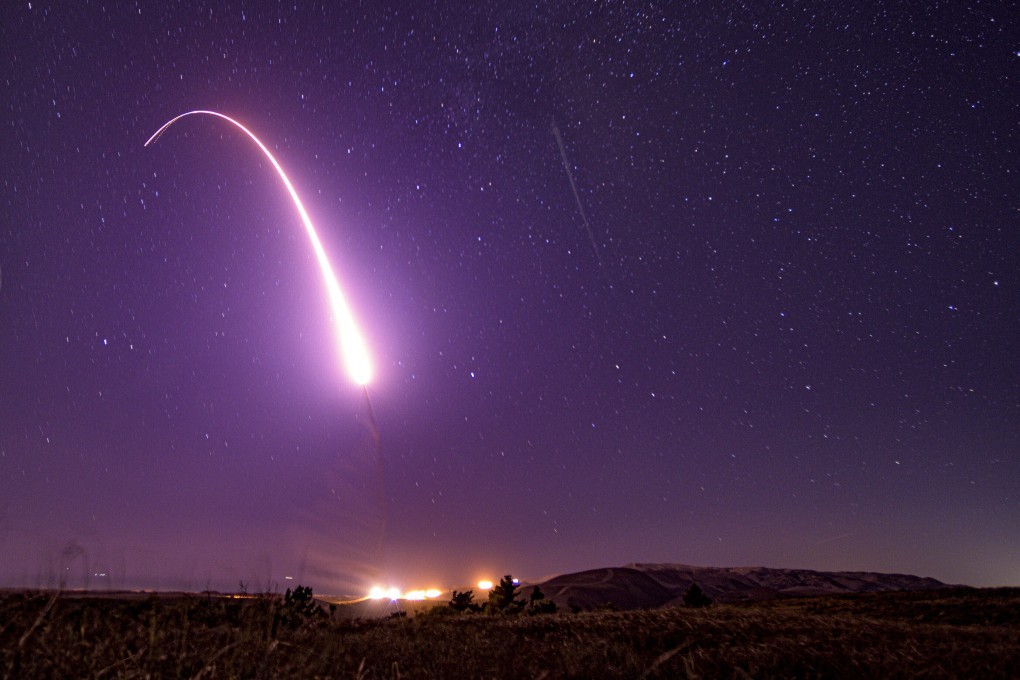Advertisement
Restraint or strength? Which nuclear option will Biden take to tackle China?
- The White House is expected to release a review of US nuclear strategy this month
- Observers say the president will have to factor in concerns at home and among allies about deterrence
Reading Time:3 minutes
Why you can trust SCMP
66

US President Joe Biden will have to walk a fine strategic line when he unveils his administration’s nuclear policy.
The policy, known as the nuclear posture review, is expected to be released this month and will have to balance the two competing aims of restraint and firm defence amid worsening relations with China and Russia.
On the one hand, Biden ran for office on a commitment to ensure that the “sole purpose” of the US’ nuclear arsenal “should be deterring – and if necessary, retaliating against – a nuclear attack”.
Advertisement
And in March, in its interim national security strategic guidance the administration said: “We will take steps to reduce the role of nuclear weapons in our national security strategy.”
But there is huge domestic opposition to this pledge, according to Zhao Tong, a senior fellow in the nuclear policy programme at the Carnegie Endowment for International Peace in Beijing.
Advertisement
“Many opponents believe that while Russia, China, North Korea and other countries are actively developing nuclear forces, the United States has no reason to impose further restrictions on its nuclear policy,” Zhao said.
Advertisement
Select Voice
Select Speed
1.00x